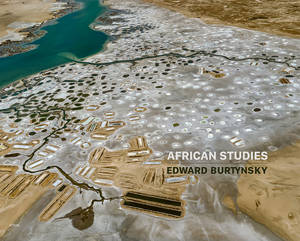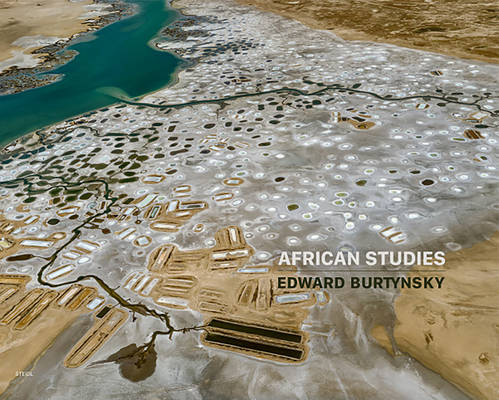
- Afhalen na 1 uur in een winkel met voorraad
- Gratis thuislevering in België vanaf € 30
- Ruim aanbod met 7 miljoen producten
- Afhalen na 1 uur in een winkel met voorraad
- Gratis thuislevering in België vanaf € 30
- Ruim aanbod met 7 miljoen producten
Omschrijving
An unsettling seven-year chronicle of severe resource depletion across Africa
In Edward Burtynsky's recent photographs, produced across the African continent, the patterns and scars of human-altered landscapes initially appear to form an abstract painterly language; they reference the sublime and often surreal qualities of human mark-making. While chronicling the major themes of terraforming and extraction, urbanization and deforestation, African Studies conveys the unsettling reality of sweeping resource depletion on both a human and industrial scale.
From natural landscapes to artisanal mining and mechanized extraction, several distinct chapters culminate with China in Africa: a series depicting the economic inroads being made by China, including the interiors of gigantic newly built manufacturing plants. This project brings together the work of seven years, the latest installment in Burtynsky's ongoing oeuvre.
Edward Burtynsky (born 1955) is regarded as one of the world's most accomplished contemporary photographers. Since the early 1980s Burtynsky's imagery has explored the collective impact we as a species are exerting on the environment. Renowned for his sustained investigation of the "indelible human signature" caused by industrial incursions into the landscape, previous projects have explored mining, quarrying, manufacturing, agriculture, shipping, the production of oil, and the development of China. In addition, he has made three award-winning films with director Jennifer Baichwal, Manufactured Landscapes (2006), Watermark (2013) and Anthropocene: The Human Epoch (2018). Burtynsky's books with Steidl are China (2005), Quarries (2007), Oil (2009), Water (2013), Salt Pans (2016), Anthropocene (2018) and Natural Order (2020).
Specificaties
Betrokkenen
- Auteur(s):
- Uitgeverij:
Inhoud
- Aantal bladzijden:
- 208
- Taal:
- Engels
Eigenschappen
- Productcode (EAN):
- 9783969991459
- Verschijningsdatum:
- 4/04/2023
- Uitvoering:
- Hardcover
- Formaat:
- Genaaid
- Afmetingen:
- 371 mm x 295 mm
- Gewicht:
- 2812 g

Alleen bij Standaard Boekhandel
Beoordelingen
We publiceren alleen reviews die voldoen aan de voorwaarden voor reviews. Bekijk onze voorwaarden voor reviews.











